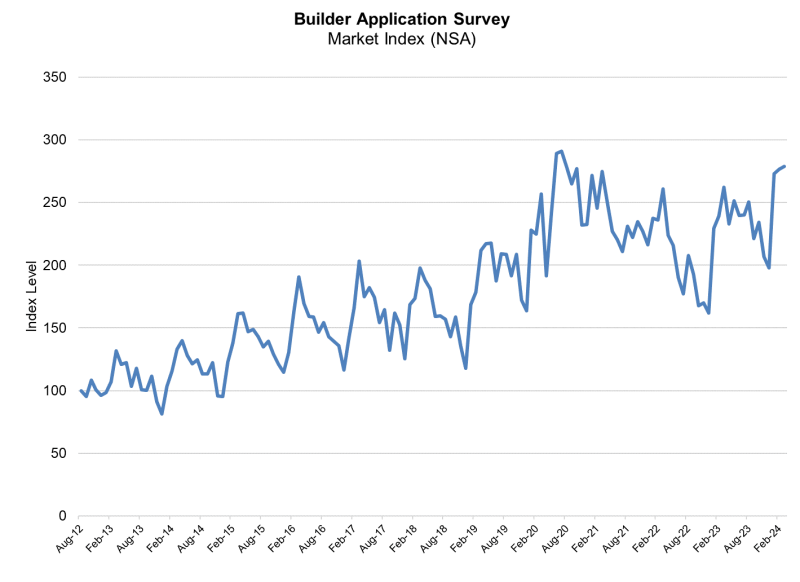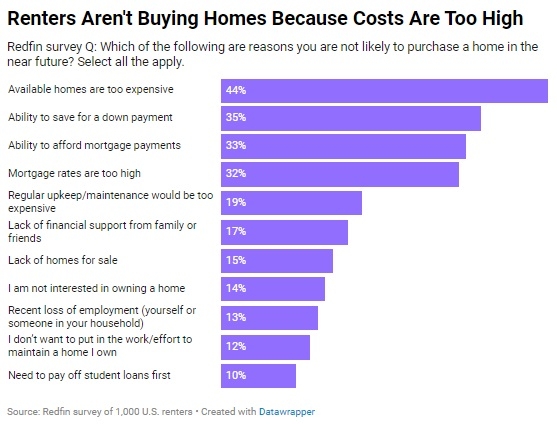Advertisement
Cordray Sets Off Power Struggle for CFPB Leadership

The traditionally quiet Thanksgiving holiday weekend became a surprise battlefront as the Consumer Financial Protection Bureau (CFPB) turned into Washington’s latest partisan struggle when outgoing director Richard Cordray attempted to muscle his way past President Trump in naming his successor while the White House named its own interim chief until a new director is confirmed.
Cordray submitted his formal resignation to President Trump on Friday, Nov. 24, but his letter to the White House made no mention of his decision to appoint the CFPB’s chief of staff, Leandra English, as the agency’s deputy director. Oddly, the CFPB’s website made no mention of Cordray’s resignation, but included a press release that claimed “Leandra English has been officially named deputy director of the agency”—and the press release still identified Cordray as CFPB director.
The White House, however, named Mick Mulvaney, the director of the Office of Management and Budget (OMB), as the acting director of the CFPB until the president names a new director that will require Senate confirmation. Mulvaney will also maintain his OMB job, the White House added.
Immediately, this set off a power struggle in Washington. English, in a lawsuit filed over the weekend in the U.S. District Court for the District of Columbia, claimed that Cordray had the right to name a successor under the provisions of the Dodd-Frank Act. The White House cited the Vacancies Act of 1998, which empowers the president to nominate any Senate-confirmed administration official as the acting director of a department or agency where the leadership role is vacant.
Sarah Sanders Huckabee, the White House press secretary, immediately condemned Cordray’s efforts to install his lieutenant at the CFPB helm without warning. "It is unfortunate that Mr. Cordray decided to put his political ambition above the interests of consumers with this stunt," she said, a not-subtle reference to the Obama-era appointee’s reported plan to leave the CFPB early in order to run for governor of Ohio. "Director Mulvaney will bring a more serious and professional approach to running the CFPB." President Trump tweeted disapprovingly about Cordray's work at the CFPB, referring to the agency as a "total disaster."
President Trump had an ally in Mary McLeod, the CFPB’s general counsel, who wrote in a memo to the agency’s staffers that the White House acted correctly. "I advise all Bureau personnel to act consistently with the understanding that Director Mulvaney is the Acting Director of the CFPB," she stated.
Not surprisingly, Sen. Elizabeth Warren (D-MA), who created the CFPB but was bypassed by President Obama in favor of Cordray for the role of director, was furious at President Trump’s actions. In a fundraising letter to her followers, Warren called the Mulvaney appointment a “sick, sick joke” and contradicted the CFPB general counsel over the legality of the Mulvaney appointment. “I fought my heart out to build this little agency—and I’ll be damned if we let Donald Trump, Steve Mnuchin, and Mick Mulvaney destroy it without a fight,” she said, tossing in a reference to the Treasury Secretary in her fundraising plea.
About the author





